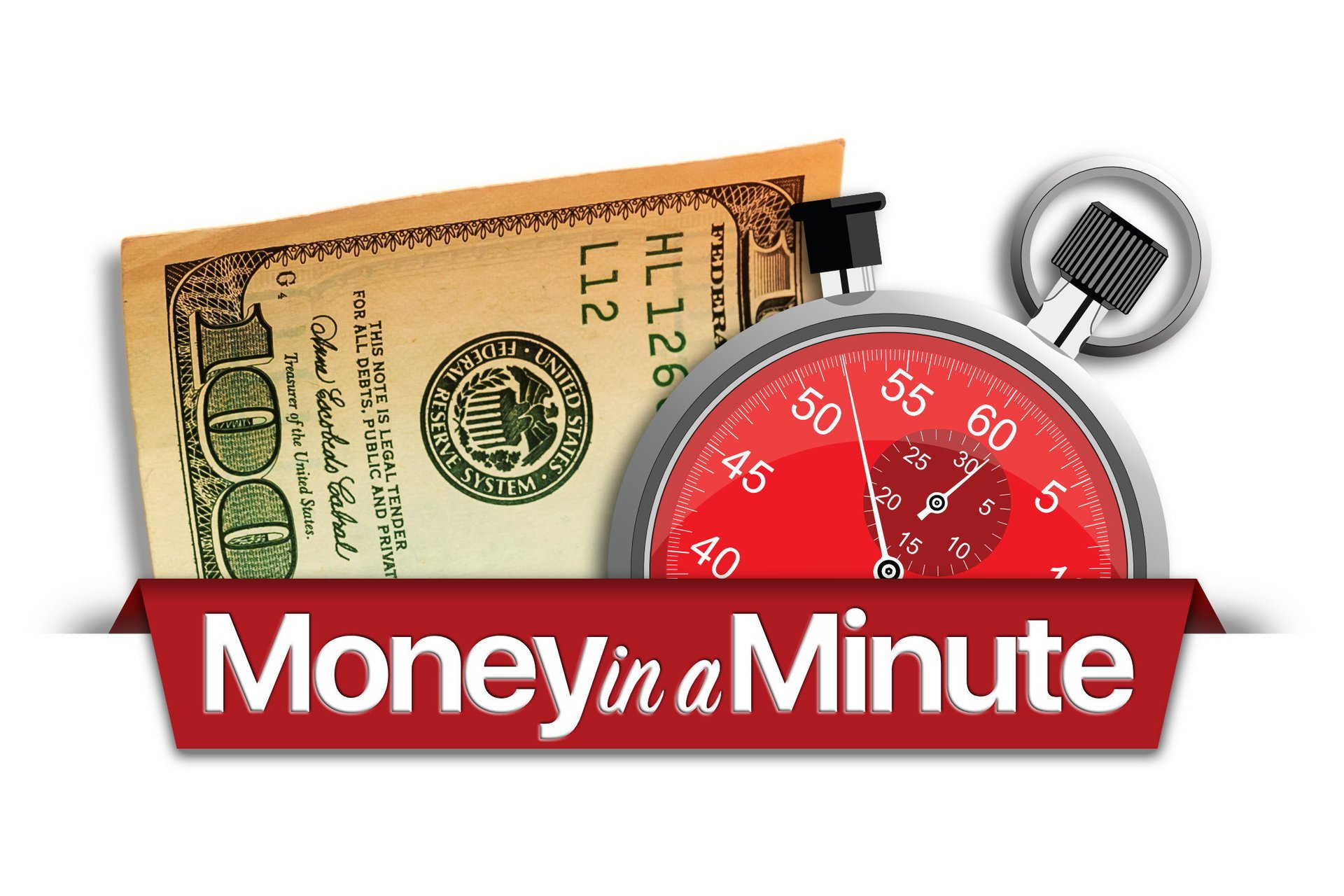
PETALING JAYA: Petrochemical (petchem) prices are expected to weaken sequentially from the second quarter onwards, as winter-related supply disruptions are resolved and substantial new capacities are commissioned, according to a note by CGS-CIMB Research.
It said petchem demand was lifted by the surge in consumer demand for manufactured goods in the second half of 2020 (2H’20), making up for the drop in 2Q’20, and demand for Covid-19-related medical or protective supplies.
This strong demand has spilled over into the first quarter and may be supported by rising demand for durable goods and autos as vaccine rollouts progress. However, it pointed out that US petchem plants are still struggling to restock after the hurricanes in 3Q20 amid robust demand, while petchem plants in Asia have suffered from unscheduled shutdowns.
“In addition, reduced coal and gas availability and the resulting spike in prices during the recent winter negatively affected supplies of monoethylene glycol, methanol and urea. Finally, with the spring maintenance season about to start, we think plant operating rates may dip,” it said.
As for selling prices, the research house said that while the petchem price rally in 2H’20 benefited both Lotte Chemical Titan (LCT) and Petronas Chemicals Group (PCG), their earnings outlooks will diverge in the first quarter this year.
“PCG benefits from higher selling prices without being burdened by higher naphtha costs as it buys ethane feedstock at fixed prices, while its methane feedstock cost moves in tandem with its methanol and urea selling prices.
“However, petchem price spreads against naphtha have narrowed in 1Q’21 vs 4Q’20, with LCT likely to see its core net profits impacted from 2Q’21,” it said.
CGS CIMB said for ethane-based products, the potential negative impact on PCG’s top line could flow through directly to the bottom line, and its share price may derate accordingly. At the same time, LCT’s core net profits should be negatively impacted, if naphtha costs remain stable or continue to increase.
“In the latter scenario, LCT may see margin compression from the pincer action of lower revenues and higher costs,” it said.
On the whole, the research house is maintaining its ‘underweight’ call on the sector, as well as its reduce call on PCG with an unchanged target price of RM6.95.
For PCG, looking into 2022, CGS-CIMB said a potential deal by the United States under President Joe Biden with Iran that will allow the latter to resume oil exports may be negative for oil, naphtha and petrochemical selling prices, and is an additional potential derating catalyst.
“As PCG’s Kertih facility is reliant on fixed price ethane feedstock, it will not benefit from lower naphtha costs under this scenario; conversely, Kertih may be directly hurt by lower selling prices. While PCG’s Pengerang facility may benefit from an expansion in its price spreads against naphtha, the positive financial impact will not likely be sufficient to compensate for the negative top line impact to Kertih’s profitability.”
For LCT, it has maintained a ‘reduce’ call with a target price at RM2.26, noting that the potential US deal with Iran may raise petrochemical price spreads against naphtha, which is positive for the company.
Source: The Sun Daily

No comments:
Post a Comment